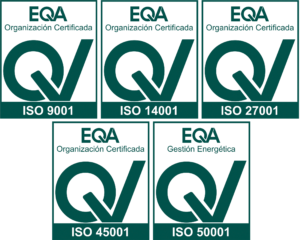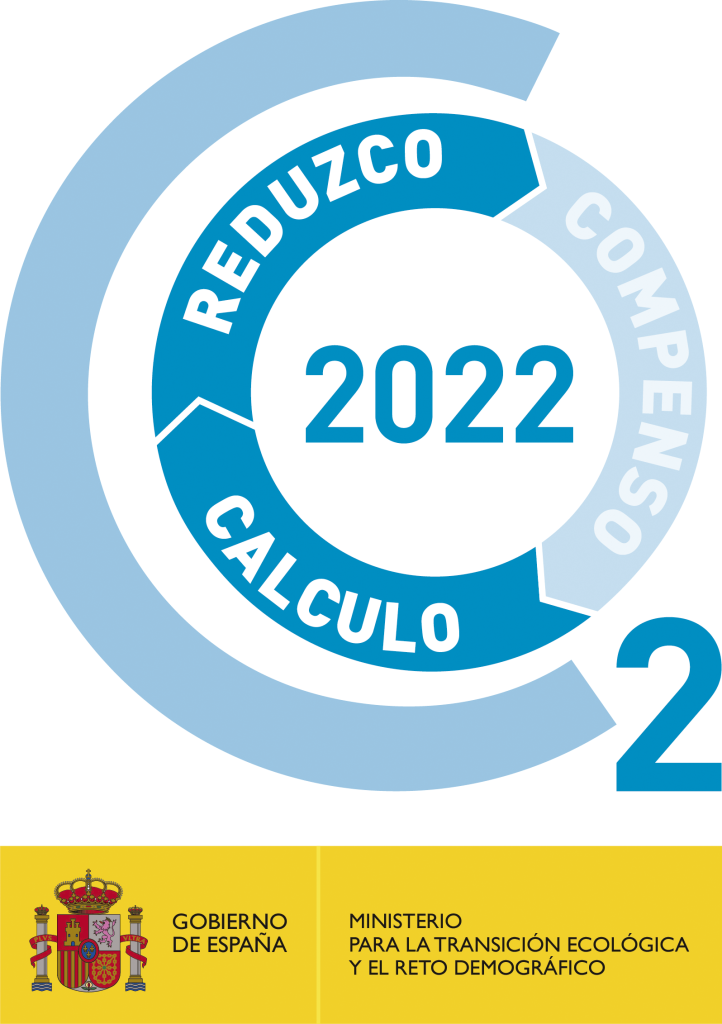Plusvalía Municipal
El Impuesto sobre el Incremento del Valor de los Terrenos de Naturaleza Urbana, más conocido como “plusvalía municipal” es un impuesto conflictivo que grava los supuestos de incremento de valor que experimenten los terrenos urbanos -exista o no construcción- así como los bienes inmuebles de características especiales -BICE- que se



